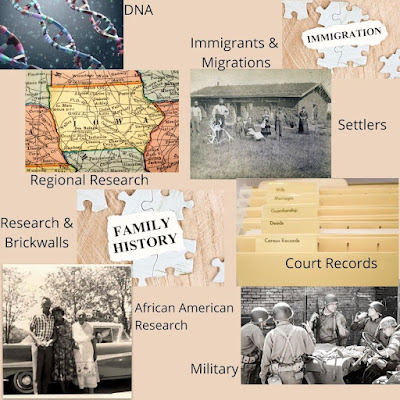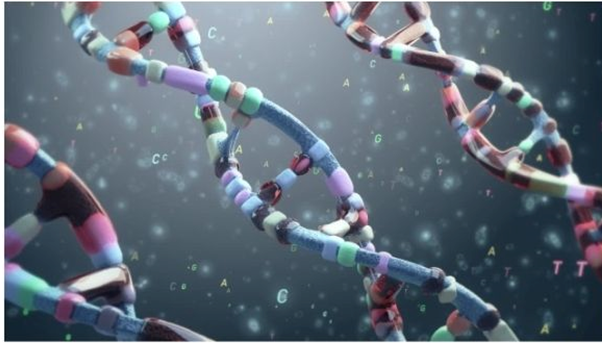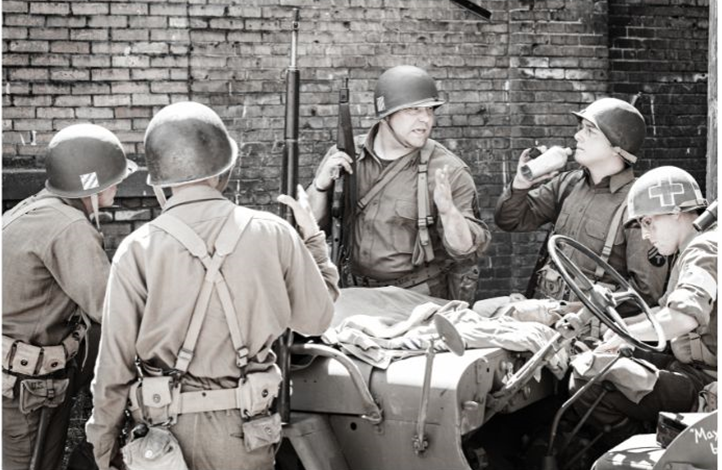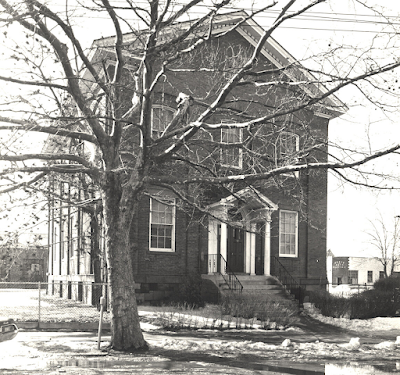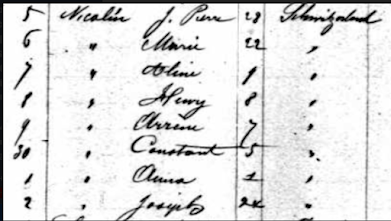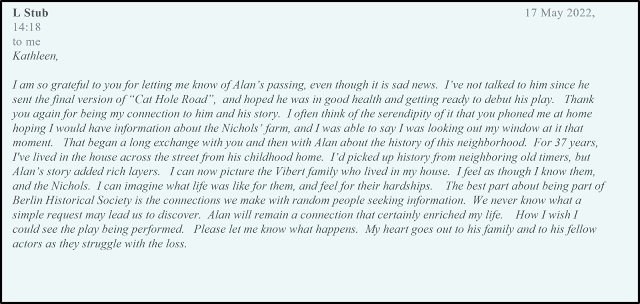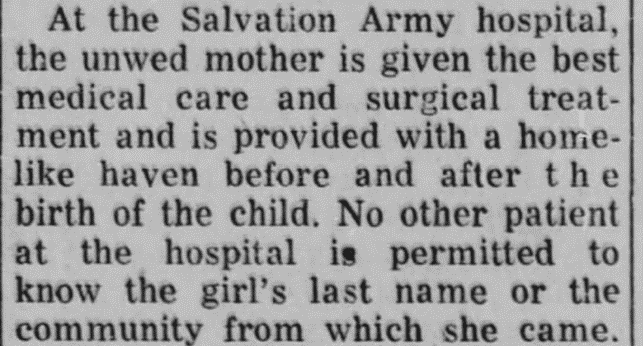- Our Love Hate Relationship with DNA
- DNA: Spit or Swab? (Beginner)
- Why DNA: Determine Kinship, Non-Paternal Event, Adoption (all levels)
- DNA for Genealogists: Who? What?, When? Where? (Intermediate)
- From History to Present: DNA Research (Case Studies)
- DNA All Day Workshop (all levels)
- Using DNA for your Brickwalls (Intermediate)
- DNA for Private Investigators (How It's Done)
- Connecting Biological Families (As Seen On TV)
- Finding Your Revolutionary War Soldier
- Identifying Revolutionary War Era Parents
- 7 Best Revolutionary War Resources
- Your Blacksheep: Courts-martial and Courts of inquiry records
- War of 1812 Records: 10 Places to Research
- Researching Your War of 1812 Impressed Seamen
- Revolutionary War and War of 1812
- African Americans Served Too – Finding Records
- 10 Best Bets for Civil War Research
- 7 Tips to Researching Slaves and Slaveholders
- Finding Your Elusive Civil War Veteran
- Claim It! Southern Claims Commission Records and Slave Claims Commission Records
- Researching Grand Army of the Republic (GAR) and other Association Records
- Civil War POW Records
- Military Records Were Destroyed? What to Do?
- 7 Easy Tips to WWI and WWII Research
- Forgotten Records - WWI and WWII
- French Indian War
- Spanish American War
- Philippine American War
- Tracing State Militia Records
- Researching Germans from Russia Ancestors
- Pioneer Trail From to California: How to Trace Them?
- Tracing Huguenots – From There to Here
- Tops to Tracing Your Irish Ancestor - From Immigration to Emigration
- When They Came to America Where Did They Go?
- Did Your Ancestor Become a US Citizen? Where to find Records and Documents
- 7 Tips to Researching Slaves and Slaveholders (with MO. Case Study)
- Researching the Road to Freedom (Prior to the Civil War)
- 7 Resources to Researching Missouri Ex-Slaves and Free-Coloreds.
- Using Ship Manifests for Slave Research
- African Americans Served Too: Finding Revolutionary War and War of 1812 Records
- A History of Military Service by African Americans (Learn about these Veterans and the Records)
- “Delegation of Colored Men” 7 Resources to Researching Western-North Carolina Ex-Slaves and Free-Coloreds
Be Historically Correct
Kathleen Brandta3genealogy.com
Accurate Accessible Answers

